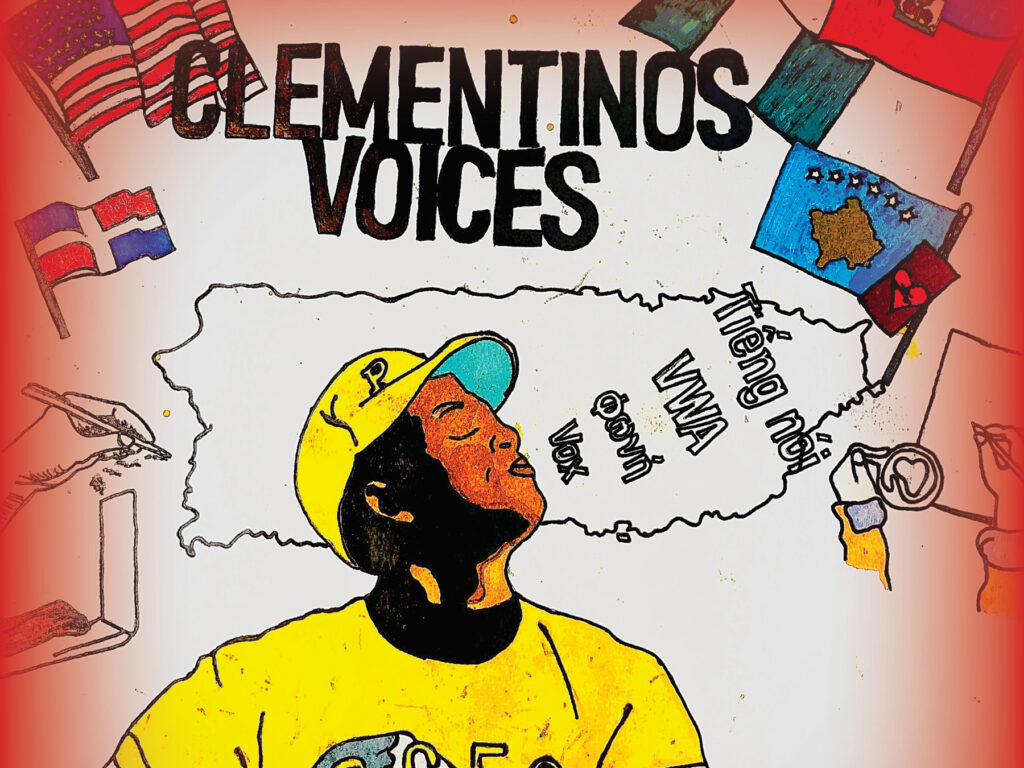By George Thorney
I was the only one of my mother’s six children to live with her in childhood. We lived in a wooden seven by ten room in an urban village in Jamaica. There was no electricity or running water. But even though our life was hard, my mother always made sure that our home was a place of warmth and togetherness.
My older sister and three of my older brothers lived with their fathers or my maternal grandmother so that my mother could go out to work and help support us. The brother closest to me in age contracted an eye condition that left him legally blind. I remember him being shipped off to a boarding school for children with vision problems.
However, my mother kept me with her because I was the youngest and because she felt I needed special nurturing. At the age of just four months, I’d contracted polio, and although I hadn’t been paralyzed, I had been left with serious disabling conditions. I have vivid memories of her fierce and loving determination to instill a sense of pride in me. Thanks to her, I grew up with a sense of confidence.
Certainly, my mother’s entrepreneurial efforts made her a great role model. She started by cleaning other people’s houses and taking care of other people’s children. But later she began to sell peanuts on the streets as well as hard-boiled eggs, offering people salt and pepper to season them before eating. Eventually, she set up a stall where she sold boiled corn on the cob, nubbly or spiky-skinned breadfruit the size of volleyballs, boiled crabs, and roasted yellow yams with salted codfish topped with onions, cucumbers, tomatoes, and fiery hot peppers. Every morning she’d roll her two-wheeled cart to the stand and set up her cook stove and pots and pans. Every night, she’d put everything back in the cart and wheel it home.
The confidence I learned from my mother was useful when I went to school. Polio meant that I couldn’t do a lot of the things my peers could do. For example, although I loved sports, I couldn’t play soccer. Once there was a raffle in school, and the big prize was a leather soccer ball. I won. With my mother’s encouragement, I would take the ball to school every Friday and let the other guys play with it. One week while I was watching them, I became overwhelmed by the feeling of being left out. I demanded the ball back, went home in tears, and threw the ball under the bed. But at times like that, my mother would always be encouraging.
I think the spirit I got from my mother helped me get a group of friends who looked up to me and were always protective and supportive. Whenever I had a need, I would just say to my friends, “I need to . . .” and at least two or three guys would step up and say, “Let me do it for you!” They would fight over getting to do things for me. Even today people continue to look up to me and do things for me, and I’m glad to have them in my life.
But just as friends help me, I always help others because my mom taught me the value of giving. She believed that when you have a need, you should give out of your need. For example, if you have a hundred dollars and someone asks for ten, you should give it freely. Then when you get to the store where you were going to buy a hundred-dollar suit, you should strike a deal to get it for ninety. Somehow, my mother taught me, it will all work out.
And it is this belief in myself, in my friends, and in giving that stays with me today and makes me feel at home even though I’m many miles from that seven by ten room on an island in the middle of the blue Caribbean.


